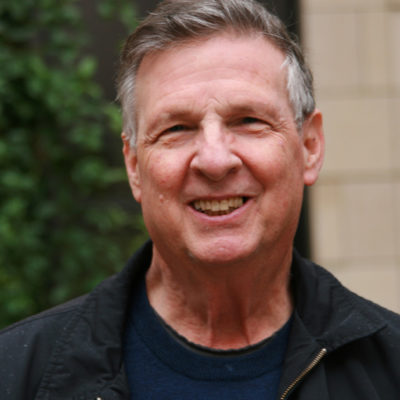Robert W. Gordon in conversation with David Sugarman
Summary
The discussion that follows arises out of more than six hours of recorded conversations in which Bob Gordon talks about his life and work.[1] It delineates the importance of Bob’s family background and early life; the Cold War, the Vietnam War, the Civil Rights Movement and the 1960’s; his undergraduate studies at Harvard; his experience of learning law at Harvard Law School; the teachers that most inspired him; his early years as a law professor at Buffalo and Wisconsin; his multifarious research and writing projects, many unfinished or unpublished; and some of the key ideas, ideals, individuals and movements that shaped his thinking, writing and professional development including Barrington Moore Jr., Stanley Hoffmann, Mark de Wolfe Howe, John P. Dawson, Stewart Macaulay, Willard Hurst, E.P. Thompson and the Warwick School of Social History, Morton J. Horwitz, Duncan Kennedy, Lawrence M. Friedman, F.W. Maitland, American Legal Realism and Critical Legal Studies. It also illuminates a range of topics including how he came to write his most cited publication, “Critical Legal Histories”, and its intended goals; his response to its success and to subsequent criticisms, including the efficacy or otherwise of his influential notion of “law as constitutive of consciuousness”; how his vocal and highly visible support for Critical Legal Studies affected him; his copious writings on the legal profession, and their place within the literature on lawyers and society; the presentist dimensions in his work and his response to the issue of presentism; the use of history for either conservative or progressive causes; his preference for essay writing; and his writing style and polemical goals. His reflections on teaching and writing brings the conversation to a close.
…
DAVID SUGARMAN: Bob, could we begin by you telling me something about your family background and your upbringing?
BOB GORDON: My father alternated between being a professor, a civil servant and a diplomat.[3] As a result, I spent some of my childhood in and around Cambridge, Massachusetts, where he taught, and much of it overseas. He was an administrator of the Marshall Plan who was assigned to Paris and London and then later became an Ambassador to Brazil, so we moved around quite a lot. He had a very successful career. I always felt intimidated by him, as if I lived in his shadow, and had to live up to a lot, and could not hope to duplicate his accomplishments. Particularly around the Vietnam War era, he and I had some fairly sharp differences on the issue of the War which he eventually came to see my way, I’m happy to say. It was a classic oedipal struggle. For all the problems that I had with him, he was always the example of virtue in the old civic-republican sense.
My mother is also an important influence.[4] She was a frustrated intellectual who loved reading. She was a graduate student at Harvard in Sociology when she met my father. In those days, a woman could go on to academic life, but it was hard to do if they were married. And the life we led, one which involved a lot of moving around the world, would have been incompatible with a scholarly life.
My parents valued learning. Their friends tended to be intellectuals and even those who were very successful in some profession or as civil servants also had intellectual interests, so we were used to a lively intellectual culture. My parents were part of a cosmopolitan transatlantic culture estranged from American parochialism. My upbringing was a little bit of an estrangement from my own society because Joe McCarthy seemed to have a large popular backing. It was like living in a bubble. The only downside for me was my parents and their friends were such impressive people that I grew up with a feeling of intellectual inferiority. I could never live up to these glittering examples, and I still feel that way after all these years. It really was an upbringing of tremendous privilege.
So, you felt an outsider and an insider?
Absolutely.
In what ways did your parents influence you?
I think the influences were profound. I inherited a lot of my father’s views, particularly the importance of public service. He was a liberal Democrat in politics. We grew up with books all around us. My mother was a New England, blue-stocking feminist, and from an early age all of us four children felt that there was something unnatural in the obvious inequalities in the situation of women and men.
My parents were representative of the belief that was common then: that their professional status and abilities carried with them an obligation of civic and public service–the noblesse oblige ideology of professionals. They didn’t just subscribe to it, they lived it and their example has been very influential on my work on the legal profession, for example. A lot of my work on the legal profession comes out of a feeling of shock and disappointment that in this profession, which played such an important role in previous periods of American history, so many of them had decided to abandon that role in favour of making money.
Read More
